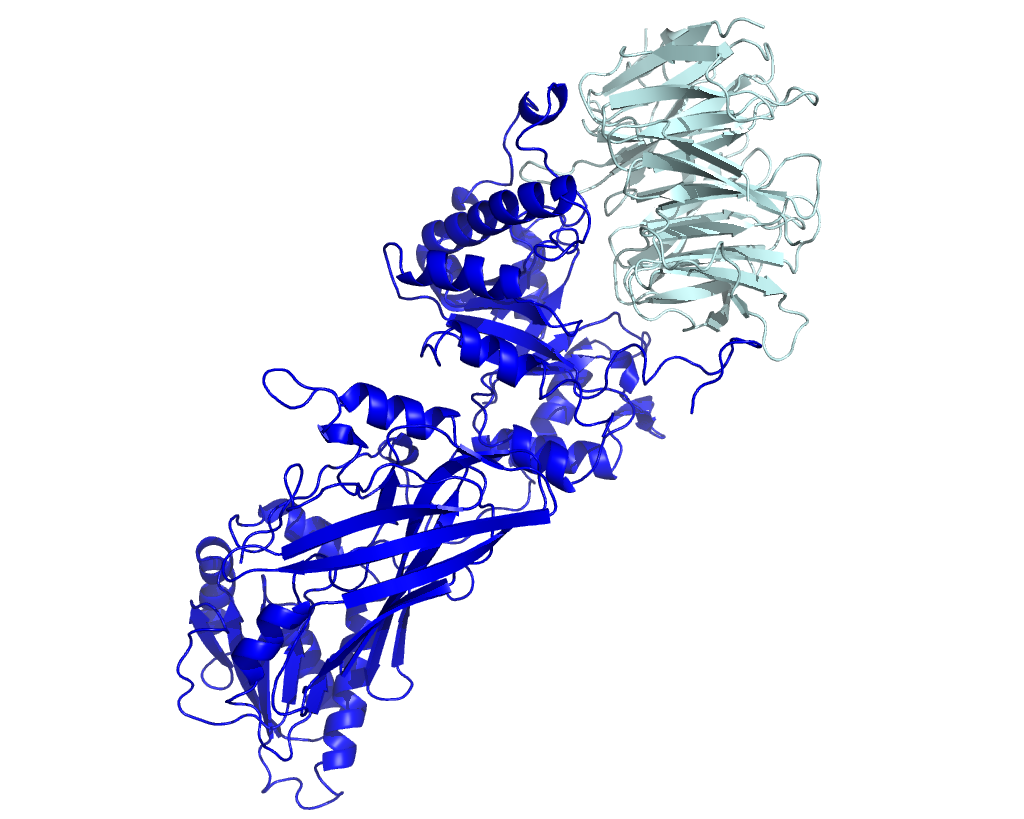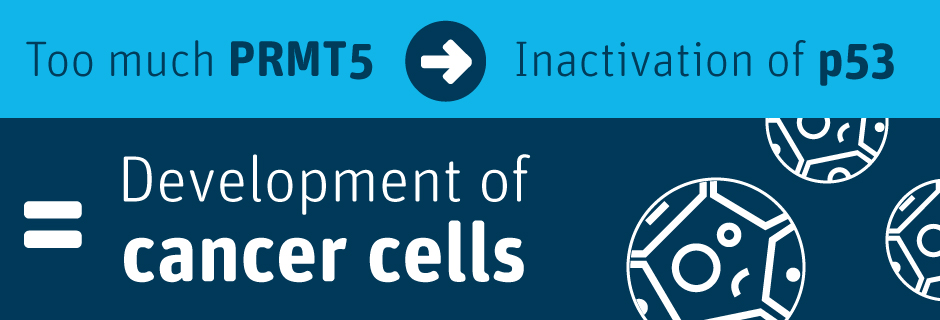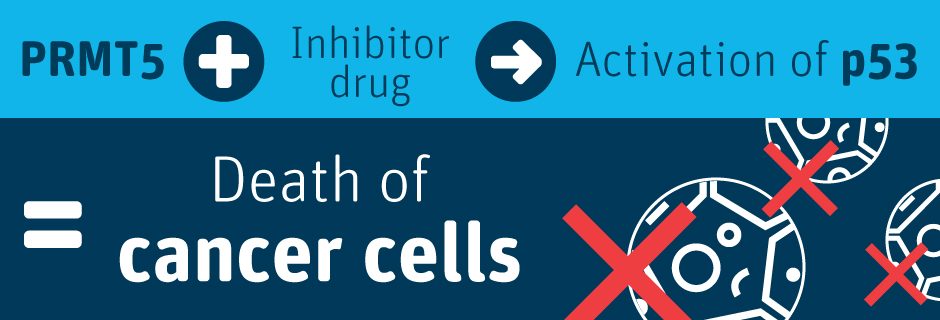CTx have been researching the discovery and development of novel oncology drugs that target PRMT5 for the treatment of solid tumours and blood cancer and have just been recognised for their work on the PRMT5 program, with the Australian CRC Association’s (CRCA) Award for Excellence in Innovation.

Did someone say party? Think again, this confetti-lookalike structure is the PRMT5 enzyme, and if we can find a way to stop it working, then we’ll be one step closer to understanding blood cancers and sickle cell anaemia.
Did someone say party? Think again, this confetti-lookalike structure is the PRMT5 enzyme, and if we can find a way to stop it working, then we’ll be one step closer to understanding blood cancers and sickle cell anaemia.
We’d like to introduce you to an enzyme called PRMT5. Enzymes are the things that make chemical reactions occur and this one is a big deal in cancer (oncology) and blood diseases.
Like anything, too much of a good thing can turn bad.
Too much of PRMT5 is often found in many cancers. PRMT5 inactivates another protein called p53, or the ‘guardian of the genome’ as it’s affectionately known. And it’s not called the guardian of the genome for nothing – it forms an integral part of the human body’s surveillance system.

How does PRMT5 relate to cancer?
If we could block PRMT5 with a drug (small molecule inhibitor), it would lead to the activation of p53 resulting in the death of the cancer cells.
For cancer, p53 is especially important because when it is active, many cancers don’t develop. Often when p53 is inactive or mutated in different cancers, (especially blood cancers), it helps cancer develop.
Put simply:

PRMT5 and other diseases
Another important function of PRMT5 is its role in regulating the type of haemoglobin – the protein in our blood that carries oxygen – we make in our red blood cells before and after we are born.
PRMT5 is a very important enzyme because it’s involved in switching off the foetal form of haemoglobin, which is replaced by adult haemoglobin after we are born.
Unfortunately, there are diseases such as sickle cell anaemia and b-thalassemia where the adult haemoglobins are mutated.
However, by using a drug that blocks the activity of PRMT5, it may be possible for patients with sickle cell anaemia and b-thalassemia to remake enough foetal haemoglobin in their bodies to allow them to lead normal lives.
Where are we up to with this research?
Cancer Therapeutics CRC (or CTx) has been working on some ground-breaking work in cancer research in this area. They’ve been researching the discovery and development of novel oncology drugs that target PRMT5 for the treatment of solid tumours and blood cancer.
CTx has just been recognised for their work on the PRMT5 program, with the Australian CRC Association’s (CRCA) Award for Excellence in Innovation. The PRMT5 program that CTx developed was licensed to the global pharmaceutical firm MSD (known as Merck in the US and Canada) in January 2016, in one of the largest ever pre-clinical licensing deals originating from Australian research. We’re proud to say we helped CTx with protein production and the great news is that MSD are continuing to work with us.
Hopefully soon we’ll be another step closer to figuring out how to stop PRMT5 from working, being that one step closer to understanding common solid tumours and blood cancer.
Cooperative Research Centres – what they are and why you should know about them
If you haven’t heard of the Cooperative Research Centres (CRC) Programme, you’re missing out on some innovative work happening around all of Australia. It’s an Australian Government Initiative giving opportunities left, right and centre to businesses with outcome-focused collaborative partnerships. It’s a pretty big deal and opportunity for industry, researchers and the community.
Want to know more about the great stuff our Cooperative Research Centres are working on? Find out more here!


31st May 2018 at 10:58 pm
Great work you have done. I hope you are doing well.